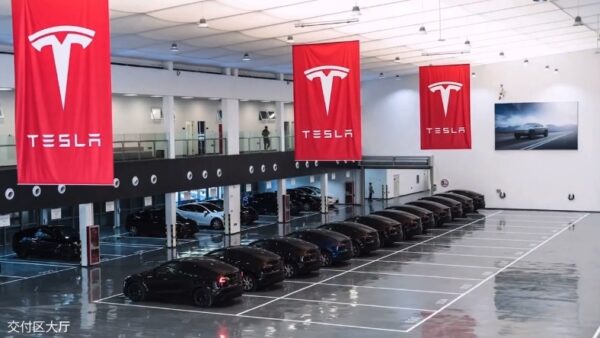
Tesla Fixes Automatic Braking Issue Faster than NHTSA Can Publish ‘Recall’ Filing

Tesla issued a ‘recall’ for 12,000 vehicles sold as early as 2017 due to an error in software communication that causes false forward-collision warnings (FCW) and automatic emergency braking (AEB), according to Reuters.
The announcement, as shared by the National Highway Traffic Safety Administration (NHTSA) on Tuesday, will affect a total of 11,704 Tesla Model S, 3, X and Y units, and it comes after Tesla reversed its deployment of the Full Self-Driving (FSD) 10.3 beta on October 23.
Sandy Munro Slams NHTSA for Unfair Tesla Probe [VIDEO] https://t.co/56lNKMGsD7
— TeslaNorth.com (@RealTeslaNorth) October 24, 2021
According to the NHTSA, Tesla “uninstalled FSD 10.3 after receiving reports of inadvertent activation of the automatic emergency braking system” before the company “updated the software and released FSD version 10.3.1 to those vehicles affected.” The agency also added that it “will continue its conversations with Tesla to ensure that any safety defect is promptly acknowledged and addressed.”
By October 25, Tesla had already disabled affect models, and deployed a new software update addressing the issue. The replacement software update did not include FSD beta, but was a standard software update. Yes, Tesla was able to fix the issue faster than the NHTSA could announce the recall filing by the automaker.
Earlier in October, the NHTSA also said that Tesla’s software updates couldn’t replace filing a recall notice for safety issues.
The news also comes after Tesla responded to the first round of questions in an NHTSA investigation over Autopilot crashes initially filed in August, to which the company asked the U.S. agency for confidentiality over sensitive information.

